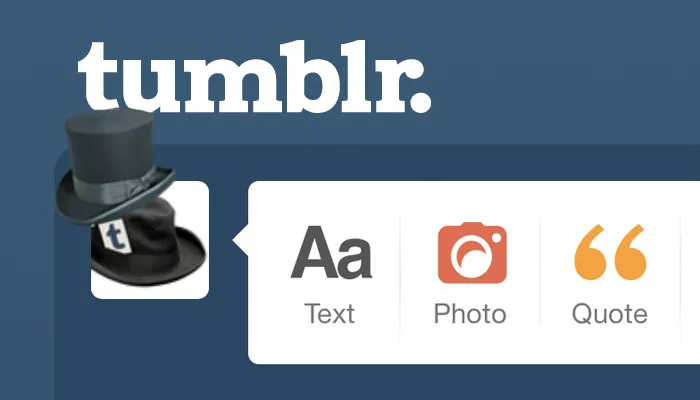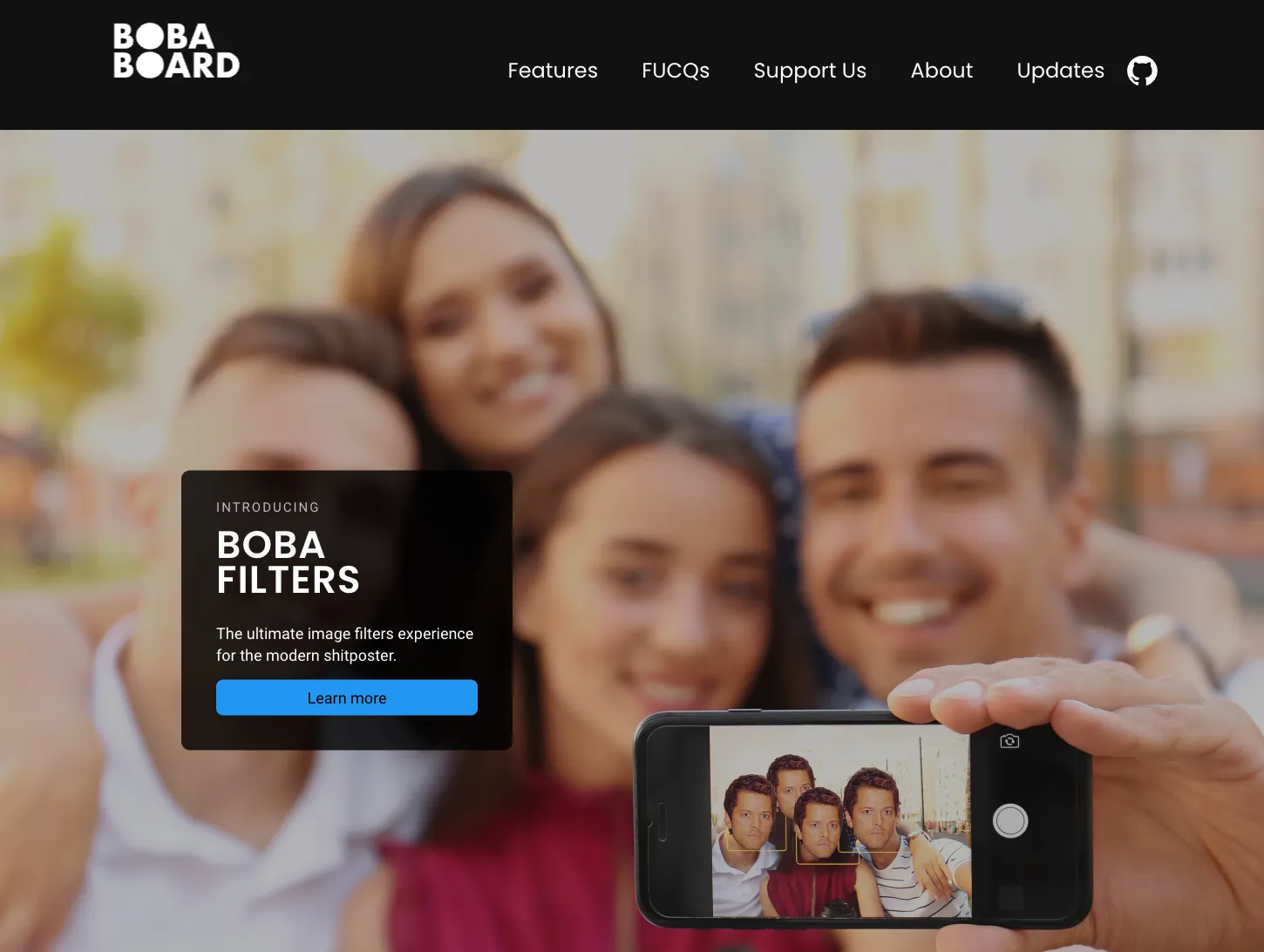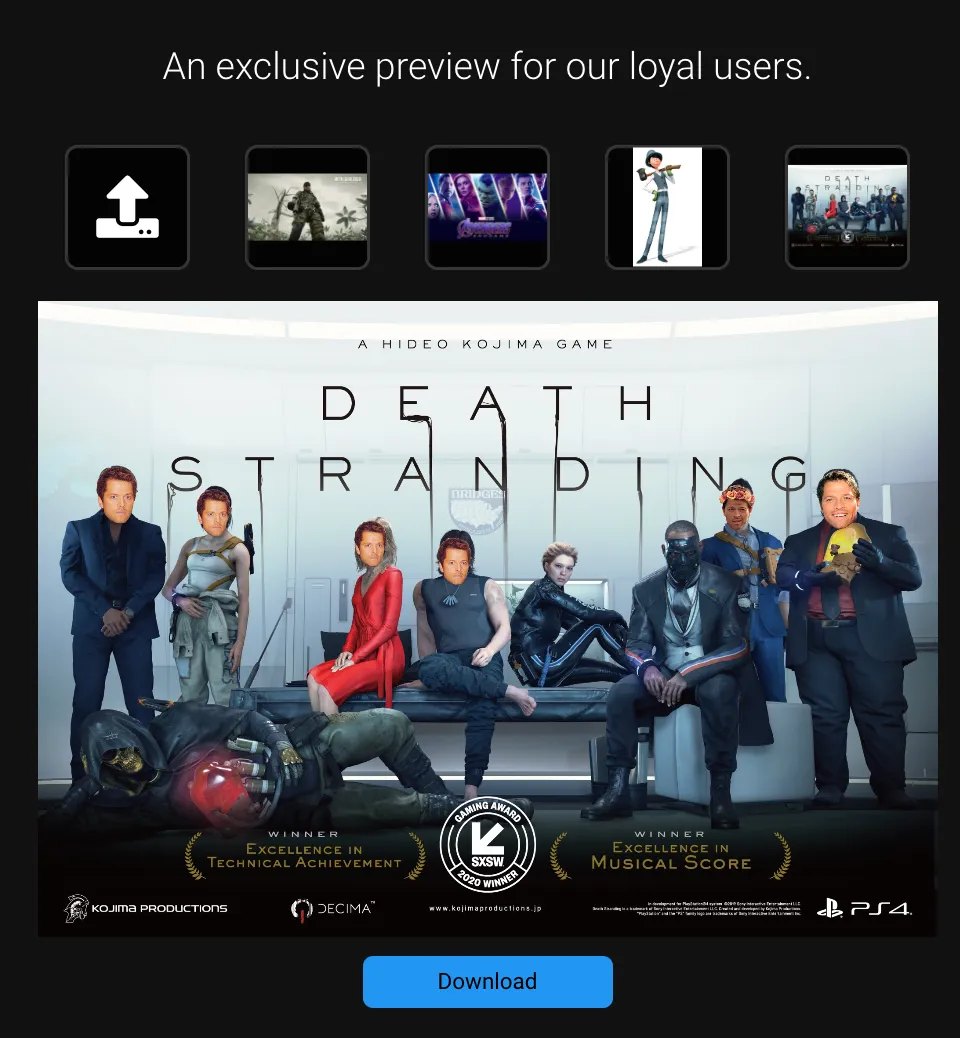April 1st Jokes, Part 1: An Internet Tradition
On tech optimism, escaping poverty, and having fun on the web
Table of Contents
Companies of the future
I grew up in a time of tech optimism. In the early 00s, as a teenager learning to code my own websites, it felt like we were on the cusp of a revolution: gone were the old, boring companies, treating employees like pawn-shaped cogs in a machine! This was the time of the internet, where success meant hiring smart people and letting their brains roam free without forcing them in the office at specific hours and using time spent at their desk as a proxy for productivity.
It’s easy these days to have (rightfully) grown cynical about it all1. However, growing up in a conservative and backward-looking European country with no understanding of American Brand™-capitalism2, the idea that my future work life could go beyond “sitting in an office from 9 to 5” was incredibly appealing. In more ways than one, it’s the knowledge that a better work culture could exist on the other side of the ocean that made me so determined to grind my way into one of The Big Internet Companies that Were Doing It Different™, despite the relative lack of means. And, while I have come to understand (better than many) the rot that lies underneath big tech, I’m still grateful that this drive allowed me to lift myself out of poverty, and escape a sinking country.
April 1st Jokes and Tech Optimism
It may sound silly, but to me nothing exemplified the hope of a different type of company as much as April 1st on the web did. If you’re young, you may be tired of hearing that “the web actually used to be fun”, but I swear, it was. And on April 1st, big (and small) internet companies would often release fake–or, even better real–announcements of out-there products meant to delight and entertain users everywhere3.

“Buy Tumblr Pro for a top hat on your avatar” used to be peak millennial humor. And you know what? It was good fun and I miss it. Sue me.
“Such a naive Ms Boba, easily swindled by a few PR stunts,” you might say. And what can I tell you? I absolutely am. But as someone who did end up working for some of these companies, I can assure you: regardless of the benefit to the company, it was the employees themselves that championed these initiatives out of love for whimsical fun. “You get to see millions of people laugh at your joke and also the company gets some good publicity” is what we call a win-win situation. In a healthy social and business context, there’s nothing wrong with that.

Fine, I am being (partly) facetious, but is there anything that exemplifies the sorry state of the modern web more than this screenshot?
Personally, I miss that era of tech optimism. And most of all I miss when fun was a core part of how online companies tried to attract talent, no matter how surface-level that idea of fun was.
”I’m going to build my own tech company, with April 1st jokes and–”
As the story goes, I left big tech around 2020 to figure out how to build a profitable (but socially-minded and ethical) company that would bring fun back to my niche corner of the web. As I launched myself in the endeavor, there was a lot I didn’t know. One thing, however, I knew: if I had to trade years of my life to bootstrap a tech company, I wanted to build one that actually kept the promise that got me into tech a long time ago. A company that would care for the humans it employed; a company that trusted people to produce excellent work without fixed hours or restrictive supervision; and, above all, a company that believed that allowing for creativity, fun, and more generally “play” is a fundamental drive towards innovation. And to me, while they aren’t enough on their own, this also meant that I wanted to build a company that would make amazing April 1st jokes.
The Surprising Benefits of April 1st Jokes
Not everything I released throughout the years debuted on April 1st, but some of the most impactful projects I made were indeed released on this date4. While this wasn’t the main impetus for them, April 1st jokes were a tremendous help in spreading my projects among the fandom public, and I cherish every keysmash and “oh my god” I’ve received in return. Not only that, but April 1st jokes have consistently been one of the biggest learning grounds for collaboration among me and other members of my community. Many people want to be part of an (at times intense) sprint to release something they believe people will love, and every year I’m always impressed by the personal and team growth that we see on the other side of them. Even if my mission of building the “company of my dreams” were to fail, the jokes I launched and the laughs they generated will always be one of the things I’m most proud of having been able to achieve.
BobaBoard’s First April 1st Joke: bobafilters
In this series, I want to take some time to showcase our previous April 1st jokes as we build ourselves up to our 2024 event. And, while this first article is already long, the first (and relatively unknown) joke is quite short to explain: bobafilters was a fake promotional page about a series of filters inspired by popular online memes of the time (2020).

“Popular online memes of the time,” she says about a 2020 page featuring a hero image with a 2013 meme. Sorry, but the Mishapocalypse (also an April 1st thing btw!) is timeless.
This page was created in a few hours on the last day of March 2020, when I realized I indeed had the power to be the company I wanted to see in the online world. While it’s not as ambitious as the work of later years, it does have one characteristic in common with them: it actually works. If you scroll to the bottom of the page, you can upload5 an image to be “misha’fied”.

“Person who loves memes is also a Hideo Kojima fan,” more news at 12.
The code isn’t particularly complicated (or good6), but it is open source and theoretically installable via NPM. Feel free to take a look, and (if you’re feeling very, very brave) use it on your own websites.
See you next week with our next joke: the web’s first “ship marketplace”, a.k.a. RobinBoob!
Footnotes
-
The ping pong table and free gym? An excuse to keep you in the office longer. The undefined business hours and unlimited vacation? A convenient way to save money on overtime and vacations-payouts. Open offices fueling creativity? More like “real estate sure is expensive”, amirite? ↩
-
I’m really grateful to the opportunities this country has given me, but moving here has repeatedly been marked by the experience of going “come on, there’s no way [thing] could be that messed up” just to find out it’s actually worse. Healthcare is a big one, obviously, but other things (like anything related to “credit scores”) caught me by surprise. ↩
-
To see how prominent this practice was, you can look at the long Wikipedia pages for Google’s April 1st jokes and Netflix’s April 1st jokes. Note how they both stop around 2019. Tumblr’s porn ban was December 2018. I’m not saying that the internet started sucking around the time April 1st jokes became less popular, but the dates do match. ↩
-
Aside from bobafilters, mentioned later in this article, the other April 1st projects are (in order) RobinBoob, FujoBoard, and the FujoGuide Kickstarter. ↩
-
The image doesn’t actually get uploaded to the site. All processing happens on device. ↩
-
Not only did I write it quickly and while sleep deprived, but I was also coming back to the JavaScript ecosystem after a long, long absence. Let’s just say there was definitely an adjustment period. ↩